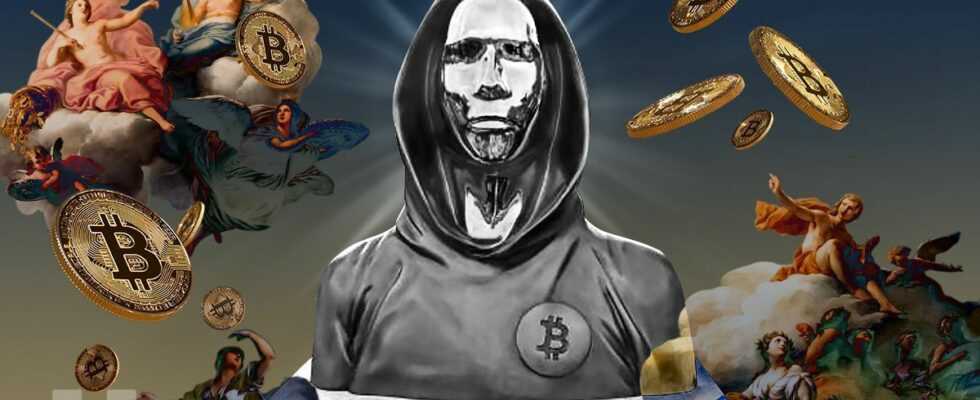In a series of comments that seem to belittle the mysterious creator of Bitcoin, Deputy Governor of the Reserve Bank of India (RBI), T. Rabi Sankar, described Satoshi Nakamoto as a “fictitious person”. Mr. Sankar further criticized crypto assets, describing them as “worse” than a Ponzi scheme.
At a technology conference held on February 14 by the Association of Indian Banks, the head of the central bank proposed a total ban on all private cryptocurrencies in the country. To support his proposals, Mr. Sankar cited “significant risks” to financial stability.
Mr. Sankar acknowledged that Satoshi Nakamoto was the “first” to effectively solve the problem of double-spending, a problem related to digital currencies. However, his comments seemed hostile towards the anonymous creator of Bitcoin.
According to him, Satoshi is “one or more fictitious persons or a company or any other entity. No one knows yet”.
The identity of Satoshi Nakamoto remains indeed unknown. The inventor disappeared from radar on December 12, 2010, two years after the publication of the Bitcoin white paper. For their part, crypto and privacy enthusiasts idolize Nakamoto and see him as the epitome of libertarian values.
A simple Ponzi scheme, Mr Sankar said
Calling Satoshi Nakamoto a fictional character reduces his colossal work to something imaginary. And Mr. Sankar insisted that cryptocurrencies cannot be defined as “a currency, an asset or a commodity”. Trying to regulate them would be “futile”, he stressed, before adding:
“They [les cryptomonnaies] have no underlying cash flows, they have no intrinsic value… they are akin to Ponzi schemes, and may even be worse. All of these factors lead to the conclusion that banning cryptocurrencies is perhaps the wisest choice for India.”
The Deputy Governor believes that while Ponzi schemes invest in income-generating assets, digital currencies are just “gambling instruments”. He further accused crypto-assets of disrupting government-controlled monetary systems exposing the country of 1.38 billion people to manipulation by private issuers of digital currencies.
“The class of crypto products is primarily designed to circumvent the established financial system. And, on a larger scale, the government itself,” Mr. Sankar continued.
“The fact that they are anonymous, decentralized systems that operate purely virtually makes cryptocurrencies particularly attractive for illegal and illegitimate transactions, which have largely been eliminated from the formal financial system.”
“Bitcoin is not a store of value,” says Sankar
Mr. Sankar also scoffed at the idea that banning crypto assets would stifle blockchain-related innovation. According to him, this would amount to believing that a ban on nuclear weapons would hinder the development of nuclear physics. Mr. Sankar also rejected claims by those who say that Bitcoin (BTC) is a store of value or a medium of exchange. Thus, he clarified:
“We have reviewed the arguments made by those advocating for cryptocurrency regulation. In we found that none of them pass the basic exams”.
Last week, India’s central bank governor, Shaktikanta Das, slammed digital assets, pointing out that they “lack underlying value.” “They pose a threat to our macro-economic stability and our financial stability,” he added.
Although there seem to be inconsistencies on crypto regulation between different branches of the Indian government, the country’s finance minister insists that there is “complete harmony”.
Disclaimer
All information on our website is published in good faith and for general information purposes only. Any action taken by the reader based on information found on our website is entirely at their own risk.
